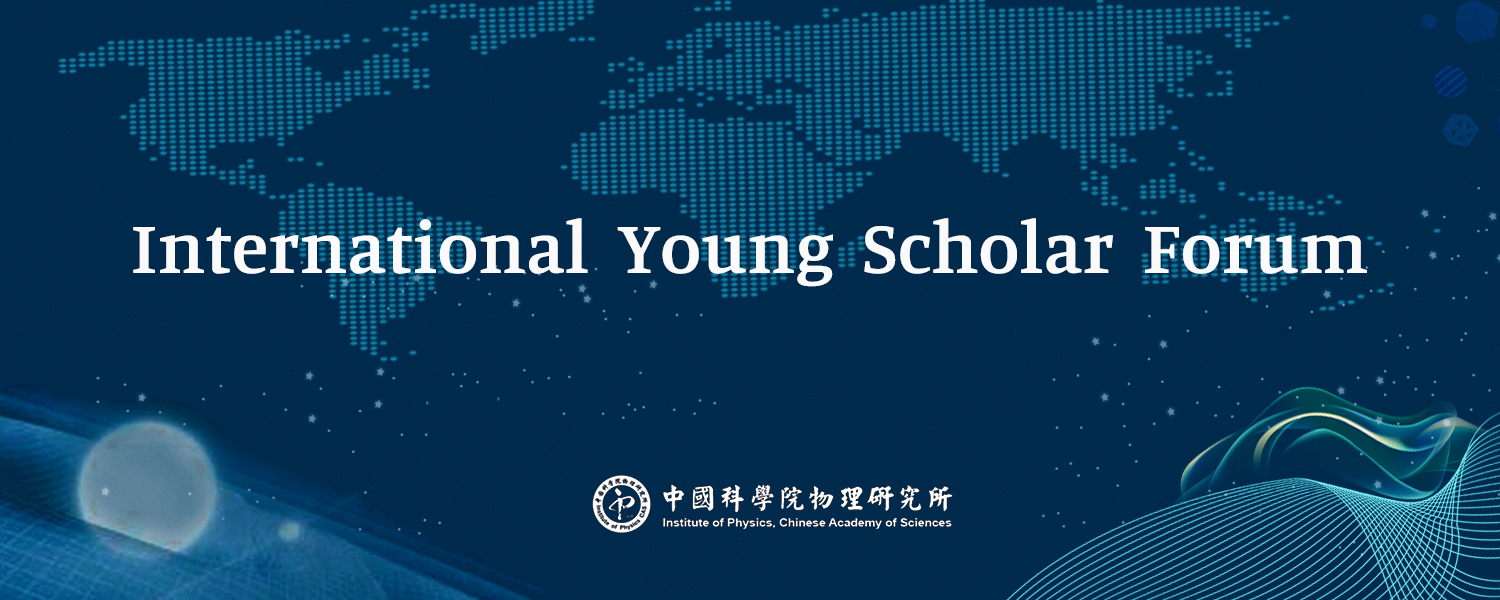Speaker: Dr. Qiang Chen, McMaster University
Host: Prof. Xiaolong Chen, Institute of Physics, CAS
Time: 10:00 am, March 22nd, 2023
Abstract:
Heavy transition metal molecular magnets exhibit a range of intra-cluster interactions due to the interplay between Hund’s coupling and orbital hopping, which is enhanced by the spatially extended d-orbitals in 4d/5d transition metals. This inter-site hopping effect can dominate in these cluster magnets, leading to new spin liquid candidates, low-lying spin state transitions, and large zero-field splitting that may result in single molecule magnets with incredibly high blocking temperatures. In this talk, I will present my recent work on heavy transition metal molecular magnets, including experimental and theoretical criteria for establishing their electronic ground states, orbital selectivity at the molecular level, and the exotic collective magnetic properties that can be realized in these materials. My research involves neutron spectroscopic and diffraction studies, as well as measurements of dc and ac magnetic susceptibility, specific heat, and μSR. Specifically, I will discuss the magnetic properties of two common structures of heavy transition metal molecular magnets: the 6H-perovskite ruthenates Ba3ARu2O9 (A = Ca, Y, In, Lu, La, Ce), which feature ruthenium dimers, and several molybdenum trimer-based molecular magnets with [Mo3]11+ building blocks.
Reference:
[1] Q. Chen et al., Phys. Rev. Mater. 6(4), 044414 (2022).
[2] Q. Chen et al., Phys. Rev. Mater. 4(6), 064409 (2020).
[3] Q. Chen et al., J. Am. Chem. Soc. 141(25), 9928 (2019).
[4] D. Ziat et al., Phys. Rev. B 95, 184424 (2017).
Brief CV of Dr. Qiang Chen:
Dr. Qiang Chen is a postdoctoral fellow at McMaster University. He earned his PhD in 2020 from the University of Tennessee, Knoxville, under the supervision of Prof. Haidong Zhou and co-supervision of Dr. Adam Aczel from ORNL. Dr. Chen’s research is focused on using advanced x-ray and neutron techniques to study strongly correlated materials, as well as designing, growing, and characterizing novel materials with unusual magnetic properties. His recent research interests include: (1) emergent phenomena in 4d/5d transition metal oxides arising from the competition between comparable energy scales, (2) CDW and superconductivity, and (3) the stripe phase order in high-Tc cuprates.
